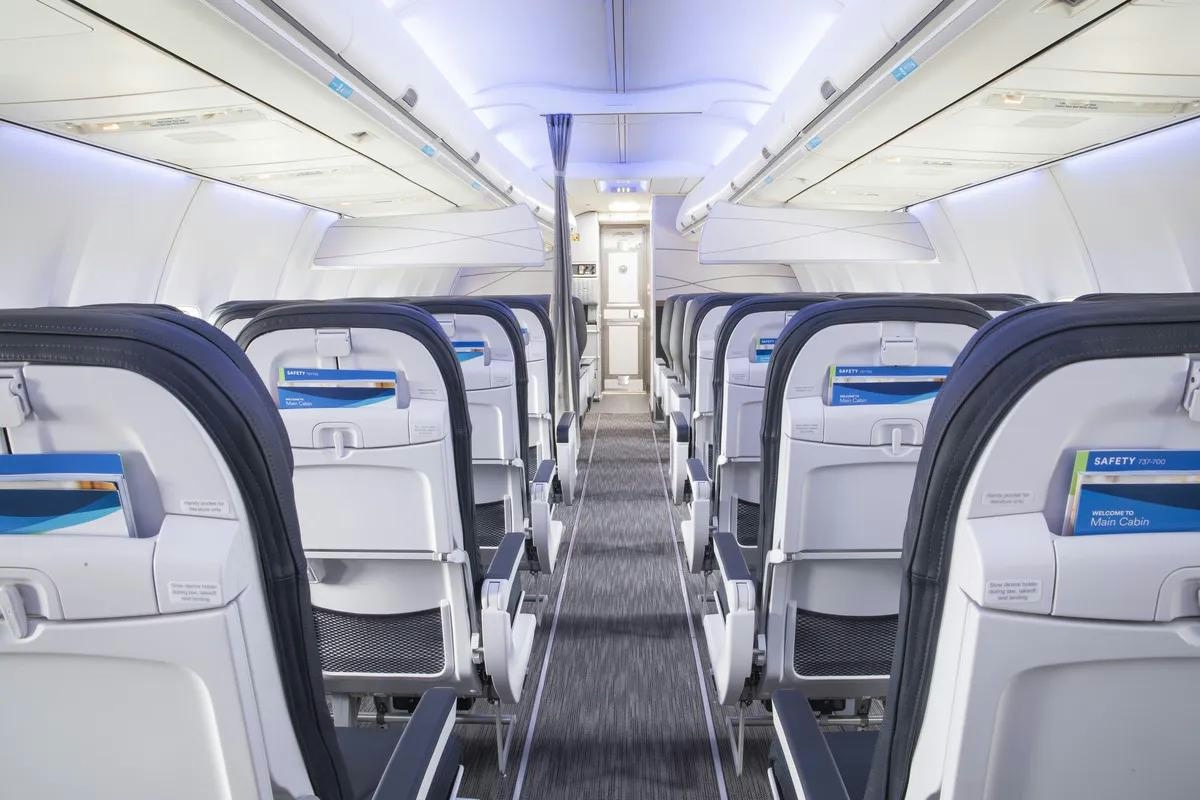AeroGenie — Uw intelligente copiloot.
Trending
Categories
Key Questions on Chinese Travel, AI, and Airlines Answered by Skift

Key Questions on Chinese Travel, AI, and Airlines Answered by Skift
Skift’s Ask Skift 2.0 has recently provided valuable insights into some of the most critical developments shaping the travel industry today. The discussion centers on evolving trends in Chinese outbound travel, advancements in travel technology, and the expanding role of artificial intelligence (AI) within airlines. The following analysis highlights the key findings and emerging patterns in these areas.
The Evolution of Chinese Outbound Travel in 2025
Chinese outbound travel is experiencing a marked transformation, characterized by a significant increase in first-time international travelers. Data from China Trading Desk’s second-quarter survey reveals that 44% of Chinese travelers are venturing abroad for the first time, representing a six-percentage-point rise from the previous quarter. This growth is largely driven by changing traveler motivations, particularly among Generation Z women and newcomers to international travel. These groups are contributing to the emergence of new market segments, including what are being termed the Confidence, Value, She, Emotional, and Silver Economies.
Booking behaviors are also shifting, with 77% of travel reservations made within one month of departure and nearly half occurring within just two weeks. While traditional destinations such as Singapore, Japan, and South Korea continue to attract significant interest, there is a notable diversification in preferred locations. Fliggy’s data indicates that bookings to less conventional destinations like Iceland, Morocco, Norway, and Georgia have doubled compared to the previous year.
Industry dynamics reflect these changes as well. Southwest Airlines’ inaugural transpacific partnership with China Airlines underscores a growing enthusiasm for global airline collaborations. This development encourages legacy carriers to leverage strong demand for international and premium travel. Conversely, some airlines, including JetBlue, are responding to softer demand by implementing cost-cutting strategies.
Innovations in Travel Apps and Platforms
The travel technology sector is advancing rapidly, with AI integration playing a pivotal role in enhancing user experiences. In May, Google launched an “AI Mode” for its Search platform, enabling users to pose complex, multi-part travel queries and receive personalized recommendations. This feature utilizes data from Gmail and previous searches to construct tailored itineraries based on a traveler’s bookings.
Similarly, Kayak introduced Kayak.ai, an AI-driven trip planner that allows users to search, save, and share flight and hotel options, while also providing access to ChatGPT for more expansive inquiries. Apple has announced plans to introduce digital passports within the iPhone Wallet this autumn, simplifying age and identity verification processes. Additionally, Apple is incorporating live translation capabilities into Messages, FaceTime, and Phone applications, facilitating real-time spoken translation during calls—even when only one participant uses an iPhone.
Despite the surge in AI adoption, investors in travel startups urge caution against overhyping the technology. They emphasize the necessity of focusing on practical solutions that address genuine industry challenges rather than adopting AI for its novelty. Nonetheless, nearly 90% of travel marketing leaders anticipate that AI will be a critical driver of business value over the next three years, as marketers increasingly harness AI to generate insights and stimulate growth.
Agentic AI Adoption Trends Within Airlines
Agentic AI is becoming increasingly integral to customer-facing airline services. Qatar Airways has launched an AI-powered travel agent designed to assist with booking and trip planning. Delta Airlines introduced the Delta Concierge assistant, which offers proactive travel planning and provides notifications related to passports and visas. United Airlines employs its Connection Saver AI system to automatically update passengers on delays and connecting flights.
These developments exemplify a broader industry trend toward leveraging AI to enhance operational efficiency and improve the customer experience. As airlines and travel companies continue to integrate AI technologies, the emphasis remains on delivering practical solutions that meet evolving traveler expectations and address ongoing industry challenges.

Factors Positioning Airbus for Leadership in 2026

Emirates Unveils Cabin Design for New Boeing 777X

Eighteen Years On, the Airbus A380 Remains Central to a $34 Billion Airline

How a boom in luxury airline seats is slowing down jet deliveries

Navitaire Outage Attributed to Planned Maintenance

Airbus Plans Record Delivery of 870 Aircraft in 2026

DigiYatra Debuts Outside Aviation at India AI Impact Summit

Vietnam Orders Strengthen Boeing’s Commercial Outlook

Airbus Signals Uncertainty Over Future A400M Orders

JobsOhio Awards $2 Million Grant to Hartzell Propeller for Innovation Center
